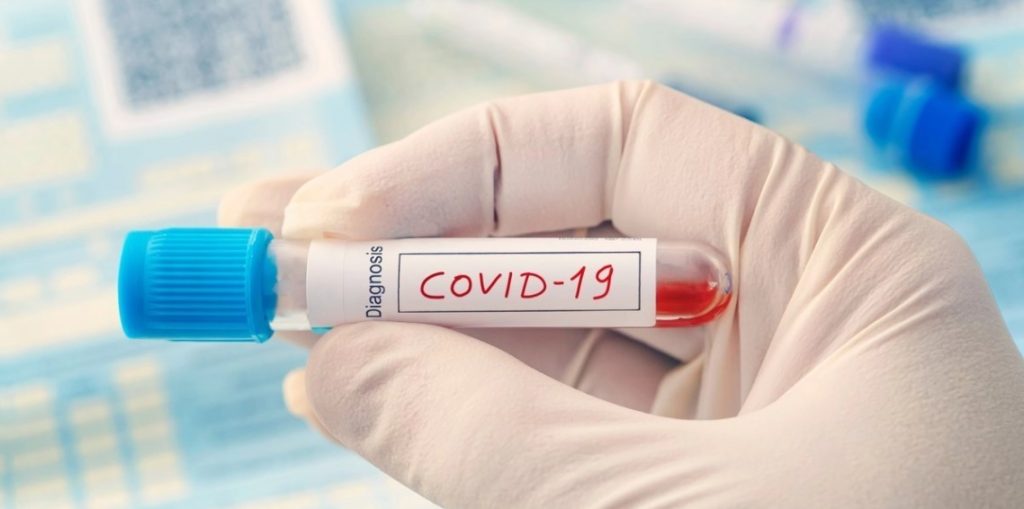New COVID Variant JN.1 Emerges as Dominant Strain in the US.
Others are reading now
A new coronavirus subvariant, JN.1, is rapidly spreading across the United States, now accounting for nearly half of the country’s recent COVID-19 cases, as reported by the US Centers for Disease Control and Prevention (CDC) according to New York Times.
JN.1 has become the fastest-growing and dominant variant in the US, responsible for over 44 percent of new infections, a significant increase from the previously reported 21.4 percent.
The CDC’s data indicates that JN.1 is particularly prevalent in the Northeast regions, including New Jersey and New York, where it comprises nearly 57 percent of cases.
Also read
This variant is closely related to the BA.2.86 variant, which the CDC has been monitoring since August 2023.
JN.1 was first detected in the United States in September 2023.
According to the CDC, JN.1 is likely more transmissible than other variants or better at evading immune responses than other circulating variants.
This development underscores the evolving nature of the COVID-19 virus and the importance of continued vigilance and adaptation in public health strategies.
FAQ on the JN.1 COVID-19 Variant
1. What is the JN.1 variant?
-
JN.1 is a new subvariant of the coronavirus that has emerged as a rapidly spreading and dominant strain in the United States. It is closely related to the BA.2.86 variant, which the CDC has been monitoring since August 2023.
2. How widespread is the JN.1 variant?
-
JN.1 accounts for nearly half of the new COVID-19 cases in the US, with particularly high prevalence in the Northeastern regions, including New Jersey and New York.
3. When was the JN.1 variant first detected?
-
JN.1 was first detected in the United States in September 2023.
4. Is JN.1 more contagious than other COVID-19 variants?
-
According to the CDC, JN.1 is likely more transmissible or better at evading immune responses than other circulating variants.
5. How can I protect myself against the JN.1 variant?
-
Protection against JN.1 follows the same guidelines as for other COVID-19 variants: getting vaccinated, wearing masks in crowded areas, frequent hand washing, and maintaining social distancing where possible.
6. Do COVID-19 vaccines need to be updated to combat JN.1?
-
Scientists and health authorities are continuously monitoring the effectiveness of existing COVID-19 vaccines against new variants like JN.1. If necessary, vaccines may be updated to better target new variants.


